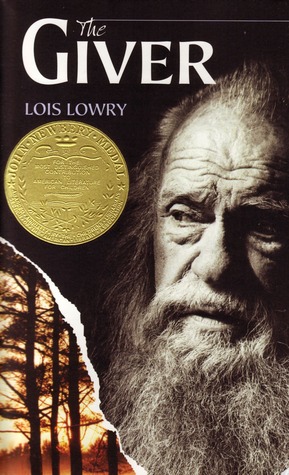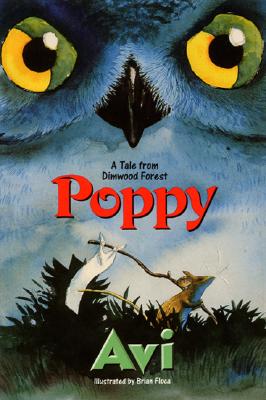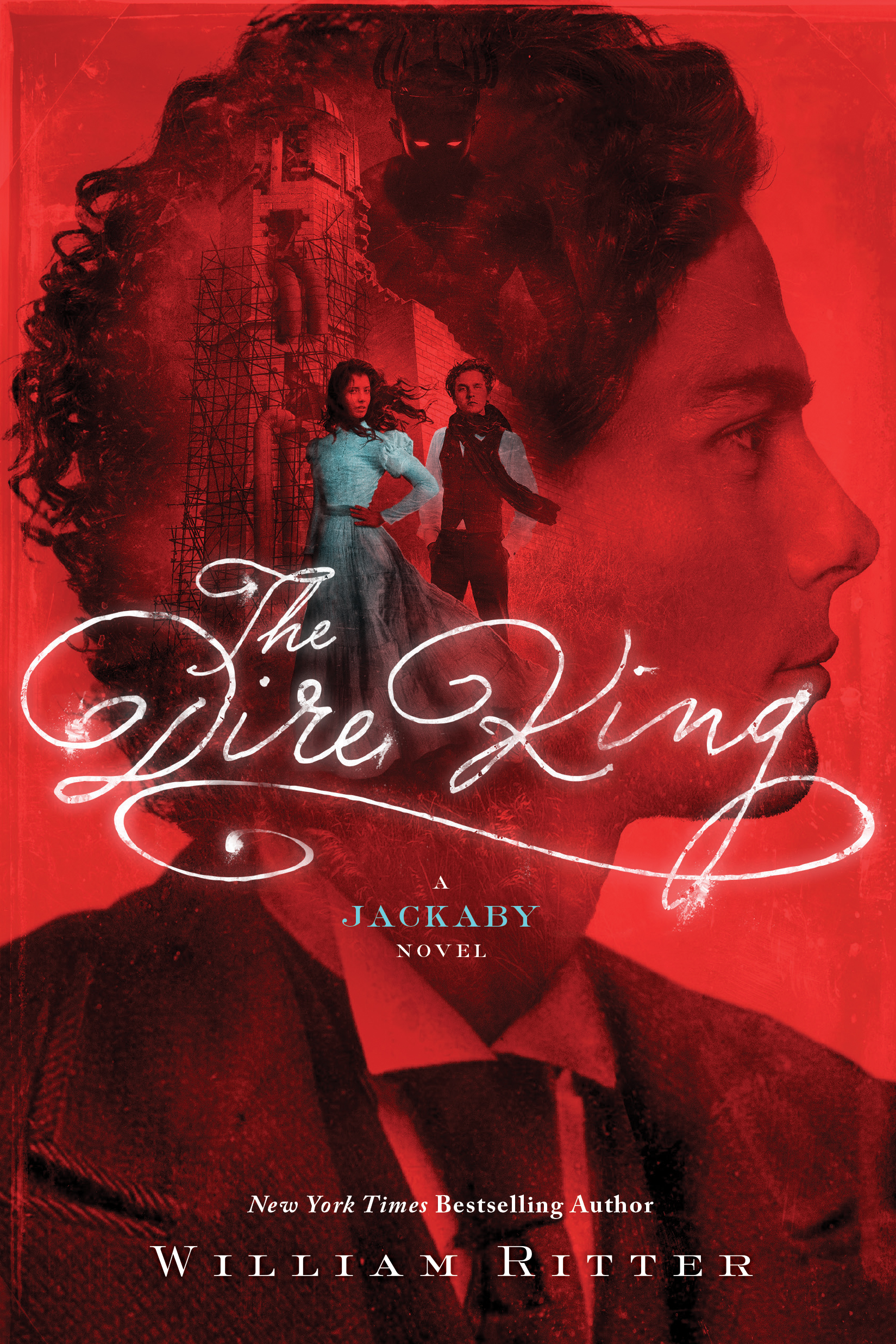[button color=”black” size=”big” link=”http://affiliates.abebooks.com/c/99844/77798/2029?u=http%3A%2F%2Fwww.abebooks.com%2Fservlet%2FSearchResults%3Fisbn%3D9780440219071″ target=”blank” ]Purchase here[/button] Few books have been recommended to me by more readers, and I guess few books you read this year will provoke as much thought as this multiple-award-winning, futuristic fantasy.
Jonas lives in a community that, at first blush, might seem like the ideal future world. No one suffers. There is no war, poverty, or disease. Everyone is kind and courteous, living useful lives in well-adjusted family units. From birth to death, all the stressful decisions in their life are made by committees. No one is troubled by hatred or jealousy or lust or pain. Every day, families talk to each other about their dreams and their feelings, and comfort each other.
But this paradise soon begins to smell rotten. For underlying all the rules that govern every aspect of life in the community is the rule of Sameness. Everyone is the same. There is no weather, no music, no color, no love. There is no way out of the community except the route euphemistically known as release. And nothing has changed since back and back and back. No one has memories of any other way of life.
No one, that is, except the Receiver of Memory, who must now select a successor. And the old man, burdened with the joys and pains of forgotten generations, chooses Jonas to be the bearer of all that was sweet and bitter, all that is now lost. To bear it alone so that the community can go on with its Sameness in peace of mind. And occasionally, perhaps, to use the memory of things past to advise the Elders in difficult situations.
None of this seems likely to change…but Jonas soon realizes that things have to change. That what has been given up for the sake of harmony and comfort and consistent quality of life, is really all that makes life worth living. That the cost of creating the perfect human community is the loss of humanity. And you, O reader, discover anew the importance of memory, the balance between security and freedom, and the sometimes deadly difference between enjoying or respecting a person and loving him. It will keep you on edge to the hopeful but up-to-your-imagination ending, and it will keep you pondering what its all about long afterward.
Not surprisingly, considering how important this book is (or should be), Lois Lowry is one of very few authors to win two Newbery Medals: in 1990 for Number the Stars, and in 1994 for this book. She also wrote two companion books to The Giver, entitled Gathering Blue and Messenger.



